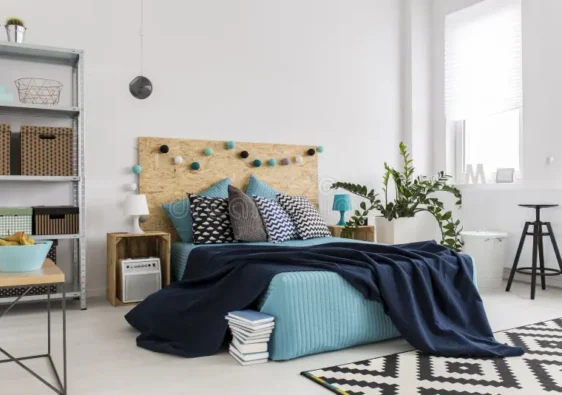When it comes to feeling special at home, your child deserves the best. Learn how to make your children feel at home with these tips and tricks!
Create Their Space
As much as we want to be with our children all the time, they need their own space to process feelings, play, and learn to be independent. After all, these things make them grow into healthy adults!
As a parent, you can help them do these things by creating a special space for them. This may be a reading nook in their bedroom, a seating area in a playroom, or even a special nook in the main living area just for them.
Use cozy elements like plush toys, blankets, and chairs. Some children like to feel enclosed, so using something stationary like a teepee or a hammock can help them feel comforted. Choose kids decor that gives your child room to grow.
Fill the space with creative tools, like drawing materials and crayons. Make sure they have adequate space to express themselves.
Be Affectionate
A study conducted by the University of California in Los Angeles found that to help reduce toxic levels of childhood stress, which impacts physical health, children need parental warmth.
Spending one on one time with your child and giving them praise and affection helps them develop positive relationships and feel your love as a parent.
This also helps your child understand the unconditional love you have for them and lets them be themselves in their own home. Feeling loved and appreciated is one of the greatest gifts you can give your child.
Maintain a Healthy Diet
Although they can be picky eaters, helping children eat nutritious food and drink enough water is important for their development. Eating well also helps their brains function well and absorb new information.
This list from Harvard provides the crucial food groups and nutrients your child should be getting. Be creative in how you get your child to eat vegetables now and they’ll have a long-lasting healthy relationship with eating well.
Create a Routine
Having a schedule is crucial for children to feel safe and happy at home. Keeping them to a routine will help them see the value in structure and give them room to be creative when appropriate.
Once your child starts going to school or being more independent, they might not know how to feel at home due to all the stimuli they experience.
When you first implement a new routine, give it some time to solidify. Allow for lots of time between activities and be patient with your child. Eventually, they’ll move through your daily routine without much reminder and feel comforted by the stability you’ve provided them as a parent.
Soon, your whole family will be feeling more at home!
Feel at Home With Your Child
Creating space for children to develop and providing them with the proper tools is the best way to ensure they’re healthy, happy, and safe.
As your routine solidifies and you feel like you have a good idea of what your child expects and needs, take time for yourself too! Parenting is tough work, but it’s the greatest gift to nurture young minds and help them feel at home.



